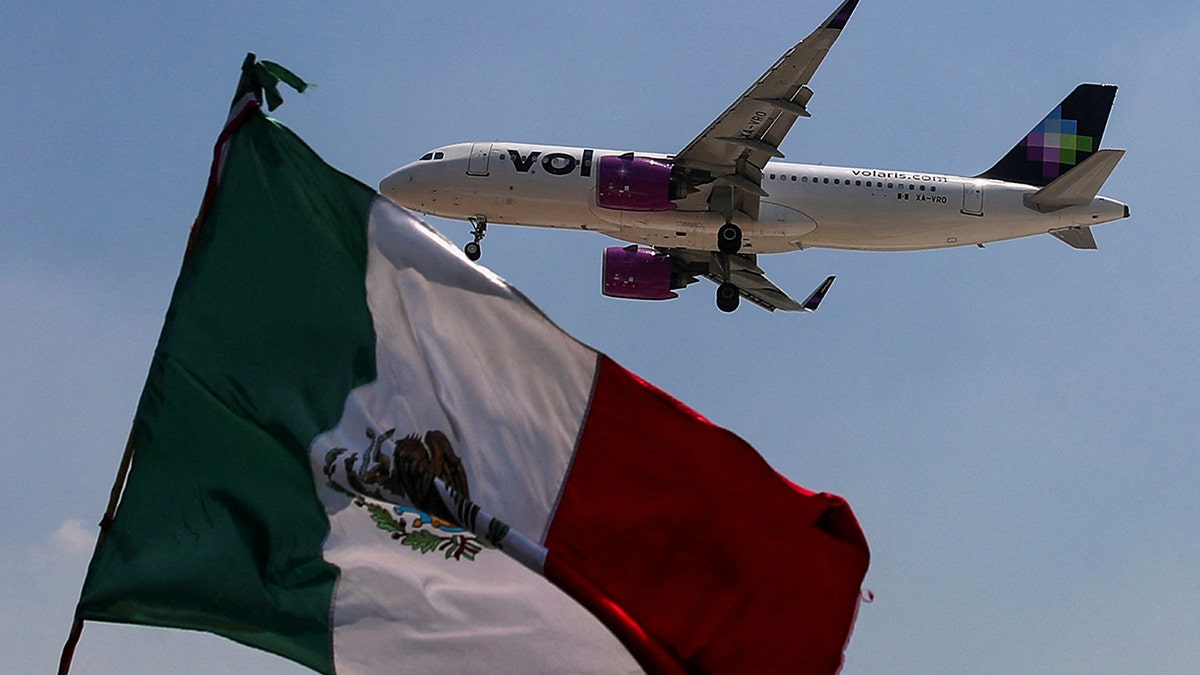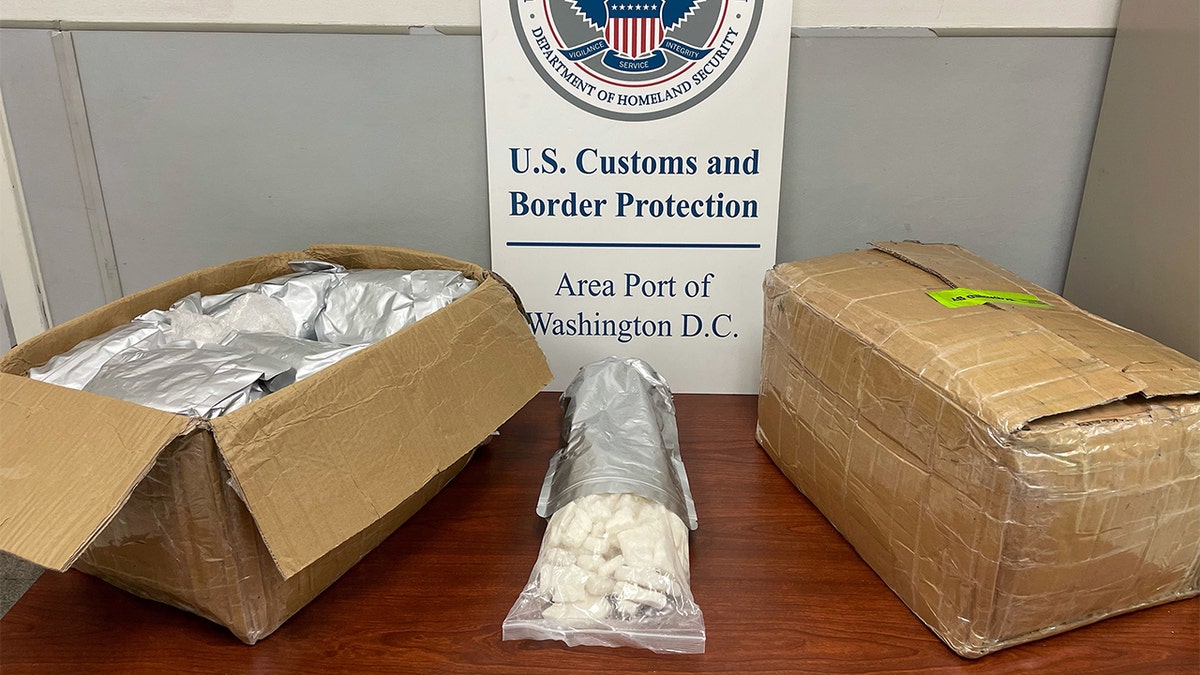Myanmar's military junta has revoked permissions for international groups to provide essential aid like food, shelter, and medicine to thousands affected by Cyclone Mocha in the country's western region, according to a United Nations agency. The cyclone, which struck the coasts of Bangladesh and Myanmar in mid-May with winds reaching 130 mph, caused significant damage, particularly in Sittwe, the capital of Rakhine state. The impact extended inland to Chin state as well.
The UN Office for the Coordination of Humanitarian Affairs (UNOCHA) reported that the military regime also suspended travel authorizations for international humanitarian organizations. This suspension of aid efforts is particularly concerning due to the arrival of the monsoon season. No official explanation for the Disaster Management Committee's decision has been given.
Historically, the Myanmar military has restricted access to many regions, especially those considered sensitive due to ethnic tensions, like Rakhine state. In 2017, a violent military crackdown in Rakhine forced over 700,000 Rohingya Muslims to flee to Bangladesh. Similarly, following Cyclone Nargis in 2008, which claimed over 100,000 lives, foreign aid and journalists were initially barred from entering the country.

Cyclone Mocha resulted in at least 148 deaths in Rakhine, causing widespread flooding, power outages, and extensive damage to buildings and infrastructure. Myanmar state media reported over 186,000 buildings were damaged. UNOCHA estimates that 1.6 million people across Rakhine, Chin, Kachin states, and the Sagaing and Magway regions were severely impacted. While over 113,200 individuals have received shelter and relief, and food aid has reached more than 293,800 in Rakhine alone, concerns remain about adequate shelter during the monsoon season, which has officially begun in central Myanmar.
An anonymous official with an international aid organization in Rakhine revealed that their group received a letter from the Rakhine state government on Thursday, revoking travel authorizations. This reversal came just a day after the same office had granted the first travel authorization since the cyclone. The official expressed concern about the timing of the ban, highlighting the urgent need for aid. The letter, reviewed by the Associated Press, was signed by Rakhine Security and Border Affairs Minister Col. Kyaw Thura.
Despite the travel restrictions, international organizations are collaborating with local partners to continue aid delivery. However, members of local charities expressed apprehension about increased scrutiny at military checkpoints. Some local groups have already faced challenges; five individuals, including a writer coordinating relief efforts and two rescue workers, were briefly detained at a checkpoint while transporting aid. While the Myanmar navy, air force, and local groups have provided some assistance, it's estimated that only about 20% of those affected have received comprehensive aid.








